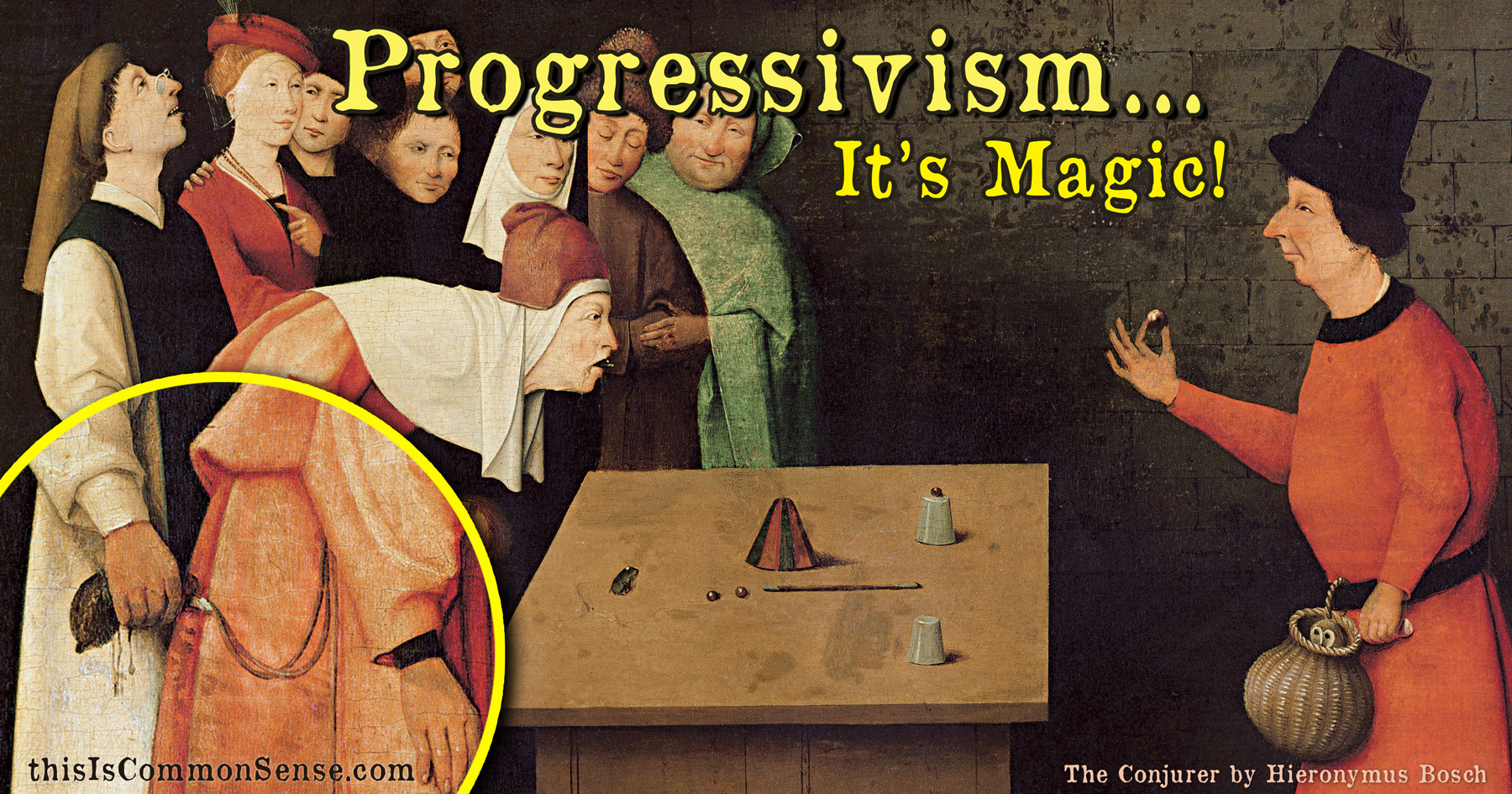A mad killer is on the loose!
That is one way to get attention . . .
The sky is falling!
You are getting the idea . . .
Trump is literally Hitler!
Extravagant hyperbole is not necessary to criticize the current President. Indeed, as Chicken Licken and the Boy Who Cried Wolf demonstrate, that can backfire. Especially when you are complaining about something on which Trump has proved to be pretty darn good — the tax bill, for instance.
Nevertheless, as it passed through Congress, Democrat pols and the major media dinosaurs have doubled down on overstatement: A “middle-class con job” was Sen. Ron Wyden’s characterization; singer-actress Barbra Streisand (presumably now living in Australia or Canada), re-tweeting a New York Times piece on “the Great American Tax Heist,” accused Trump of pushing the bill for “personal gain”; Bernie Sanders calls it a “tax cut for billionaires” who, instead of being helped, he says, should be “asked to pay more in taxes.”
Yes, the richest (by and large) will get the most reductions, since they pay the most taxes already. Bernie should be reminded that it is the very nature of taxes that “ask” is the wrong active verb. And calling a cut in what’s taken from taxpayers a “heist” is too absurd for commentary.
It does look like most taxpayers will get tax relief. That’s good. Alas, the debt may grow larger, depending on the economic growth spurred by the tax reform. But I notice that the Democrats tend to complain about deficits only when Republicans are in charge. And vice-versa.
Partisan Derangement Syndrome at work.
This is Common Sense. I’m Paul Jacob.








 It’s been pretty obvious for some time — especially as we witness hordes of everyday folks moving to parts South, particularly to Texas’s sprawling cities. But if you needed some statistics and graphs and the like, Derek Thompson provides them over at The Atlantic. His title addresses his basic question: “
It’s been pretty obvious for some time — especially as we witness hordes of everyday folks moving to parts South, particularly to Texas’s sprawling cities. But if you needed some statistics and graphs and the like, Derek Thompson provides them over at The Atlantic. His title addresses his basic question: “